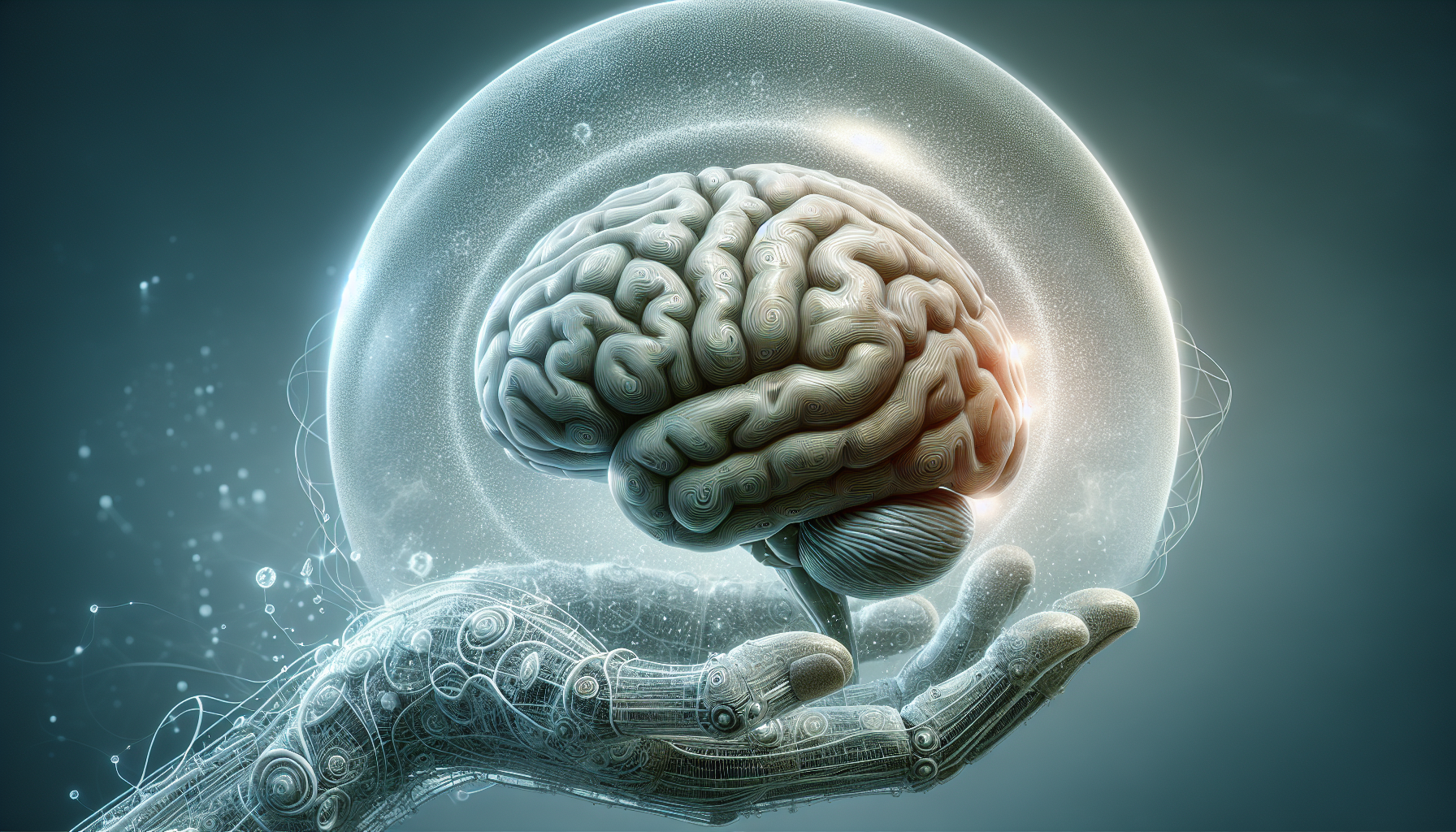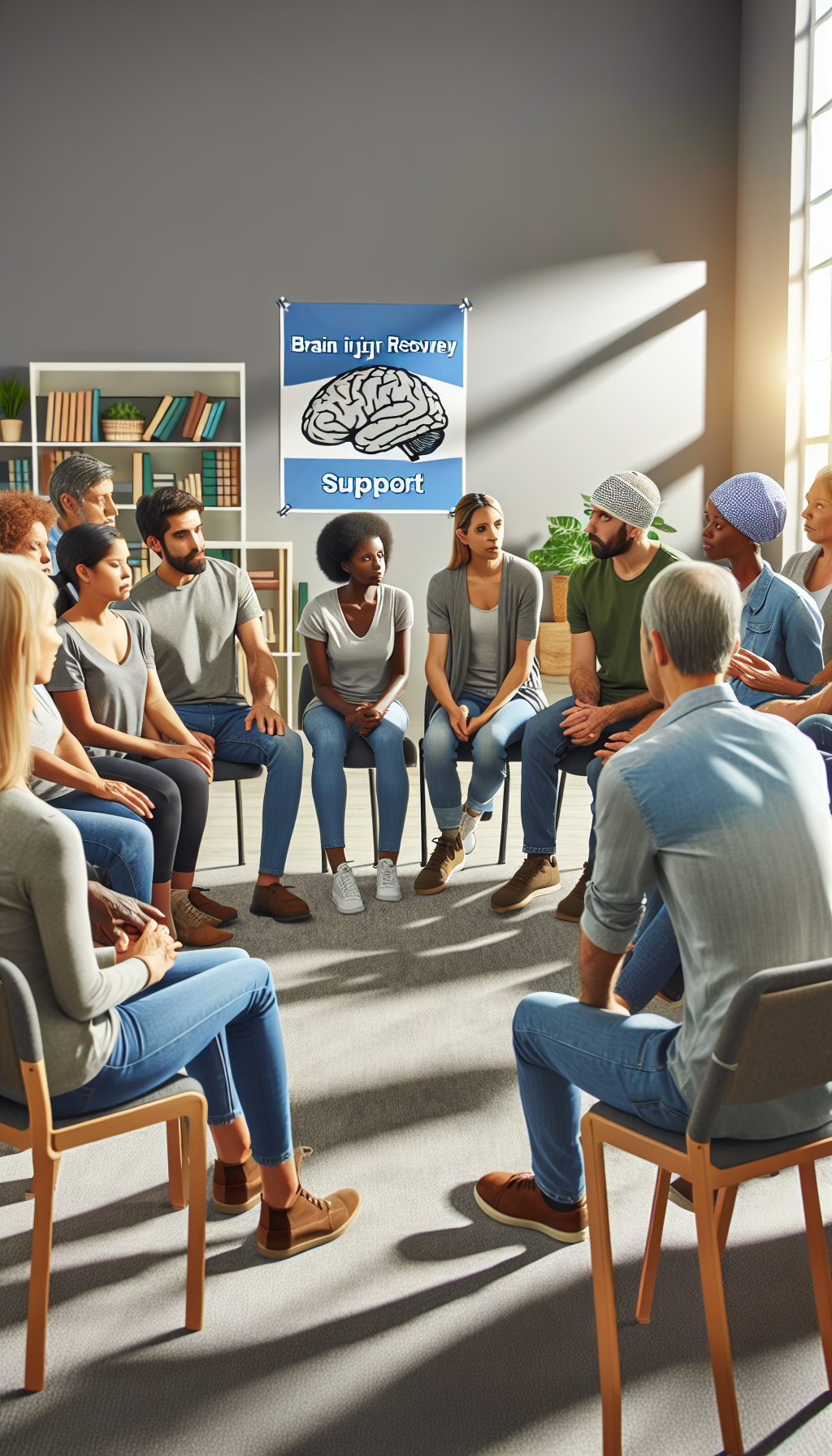Brain health is a critical component of overall wellness, yet it is often overlooked until an issue arises. Brain injuries, ranging from mild concussions to severe trauma, can have long-lasting and sometimes permanent effects on cognitive function, emotional well-being, and quality of life. Understanding how to prevent brain injuries and the strategies for recovery can help mitigate these risks and improve outcomes for those affected.
Understanding Brain Injuries
Brain injuries can occur due to a variety of reasons, including falls, accidents, sports injuries, and violent incidents. They can result in a range of symptoms such as headaches, confusion, memory problems, and changes in mood or behavior. In severe cases, a brain injury can lead to disabilities or even be life-threatening.
Prevention of brain injuries is key and begins with awareness and safety measures. Wearing appropriate protective gear during activities such as biking, skateboarding, or playing contact sports can dramatically reduce the risk of head injuries. Moreover, ensuring safe environments, such as clutter-free homes to prevent falls, especially for the elderly, is crucial.
For those interested in expanding their knowledge on brain health and injury prevention, exploring Brain Health can provide additional insights and resources.
Strategies for Brain Injury Prevention
Safety Equipment and Environment
Using helmets and other protective gear during sports and recreational activities is a fundamental measure to protect the brain from injury. Additionally, making homes and workplaces safer by removing tripping hazards and installing safety features can prevent accidental falls that could lead to head trauma.
Education and Training
Educating children and adults about the risks of certain activities and how to perform them safely can play a significant role in preventing brain injuries. This includes proper techniques in sports and awareness of concussion symptoms so that immediate action can be taken if an injury occurs.
Policy and Advocacy
Advocating for stronger safety regulations in sports, traffic, and workplace environments can lead to systemic changes that protect communities from brain injuries. This includes laws mandating helmet use and protocols for concussion management in sports leagues.
Recovery Strategies for Brain Injury
Once a brain injury has occurred, the focus shifts to recovery and rehabilitation. Recovery from a brain injury can be a long and challenging process, involving various therapies and interventions.
Medical Intervention
Immediate medical attention is critical after a brain injury. This may involve medication to manage symptoms, surgery to alleviate pressure on the brain, or other treatments to stabilize the patient.
Rehabilitation
Physical therapy, occupational therapy, and speech therapy are often integral parts of a recovery plan for brain injury patients. These therapies help individuals regain lost skills and learn new ways to compensate for any deficits resulting from the injury.
Support Systems
The role of support systems cannot be overstated in the recovery from brain injury. Family, friends, and support groups provide emotional support, practical help, and encouragement throughout the rehabilitation process. Professional counseling may also be beneficial in dealing with the emotional and psychological impacts of brain injury.
Cognitive Training
Engaging in cognitive exercises and brain-training activities can help improve memory, attention, and other cognitive functions affected by brain injury. This can include puzzles, memory games, and specialized computer programs designed to enhance cognitive recovery.
Complementary Recovery Approaches
Beyond traditional medical and rehabilitation approaches, there are complementary strategies that can aid in the recovery process. These include:
Nutritional Support
Adequate nutrition plays a critical role in brain recovery. Specific nutrients, such as omega-3 fatty acids, antioxidants, and vitamins, are essential for brain health and can support the healing process. More information on the importance of nutrition can be found in the article on Nutritional Supplements for Enhanced Cognitive Function.
Mind-Body Practices
Mindfulness, meditation, and yoga are mind-body practices that have been shown to improve cognitive function and emotional well-being. These practices can help individuals cope with the stress of recovery and may have neuroprotective effects. For more on this topic, consider exploring How Meditation and Mindfulness Improve Brain Health.
Physical Activity
Regular physical activity is not only good for overall health but can also promote neurogenesis—the creation of new neurons in the brain. Engaging in exercises that are safe and appropriate for the individual’s recovery stage can contribute to cognitive improvements. The link between exercise and brain health is further discussed in Exploring the Link Between Exercise and Neurogenesis.
External Resources for Further Reading
To delve deeper into brain injury prevention and recovery, several high-quality resources are available:
- The Brain Injury Association of America provides comprehensive information on brain injury prevention and supports resources for those affected and their families.
- Centers for Disease Control and Prevention (CDC) – Traumatic Brain Injury & Concussion offers extensive educational materials and guidelines for preventing and managing brain injuries.
- The Dana Foundation is dedicated to advancing brain research and provides articles and resources on brain health, including recovery strategies.
- The National Institute of Neurological Disorders and Stroke has a wealth of information on neurological disorders, including brain injuries, and the latest research on treatment and rehabilitation methods.
Incorporating these strategies and utilizing available resources can significantly impact the prevention and recovery process for brain injuries. It is important to remain proactive in education, safety practices, and seeking help when needed to ensure the best possible outcomes for brain health.



